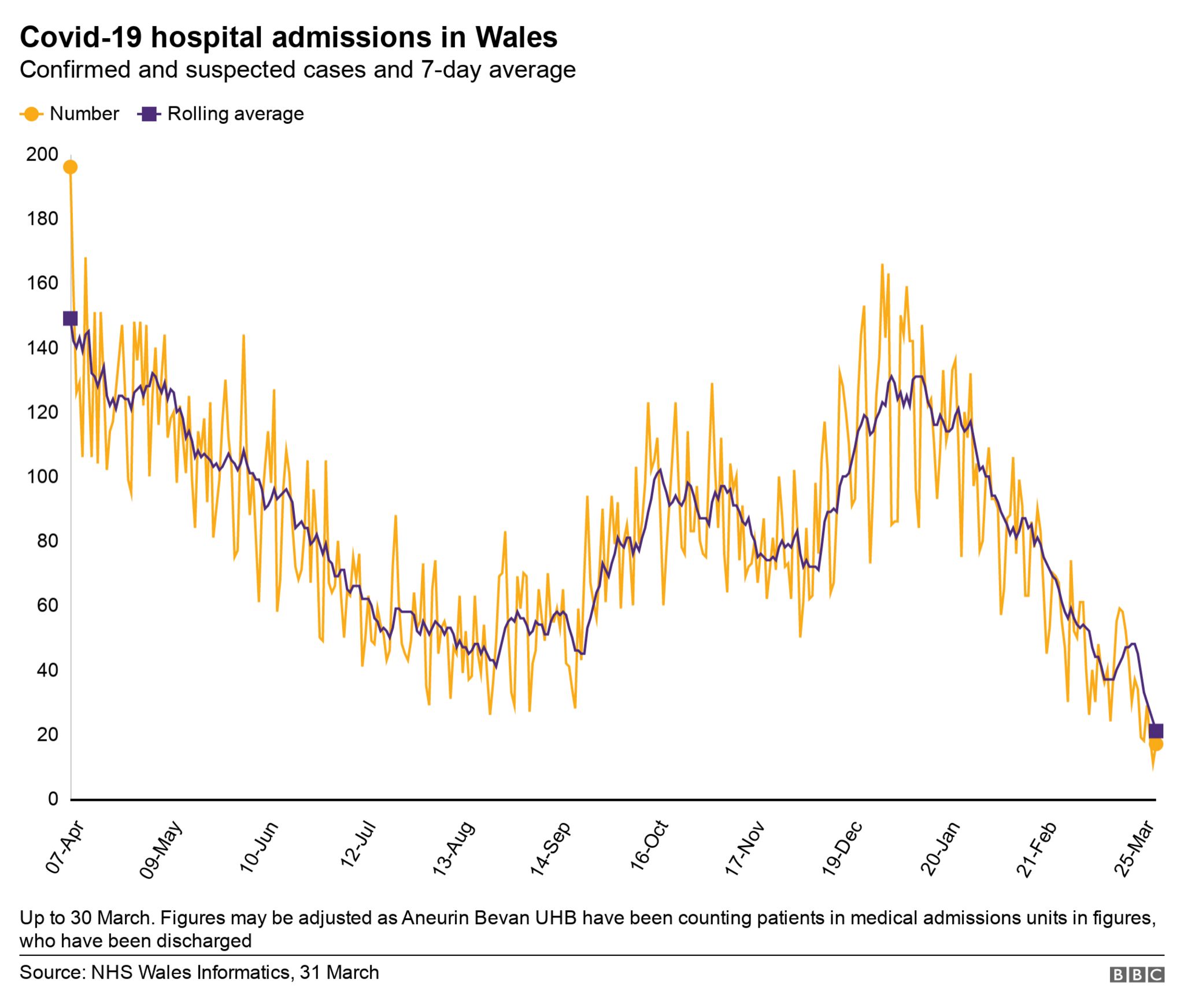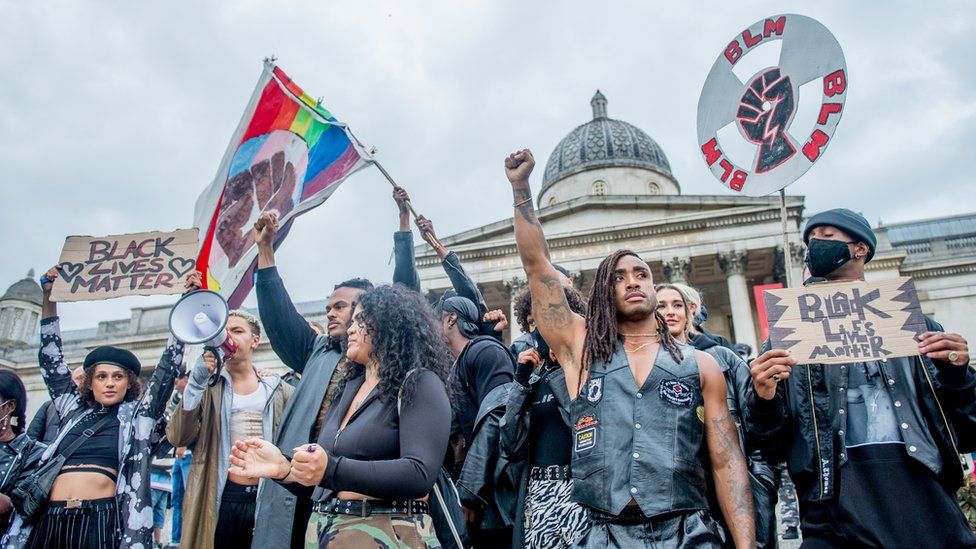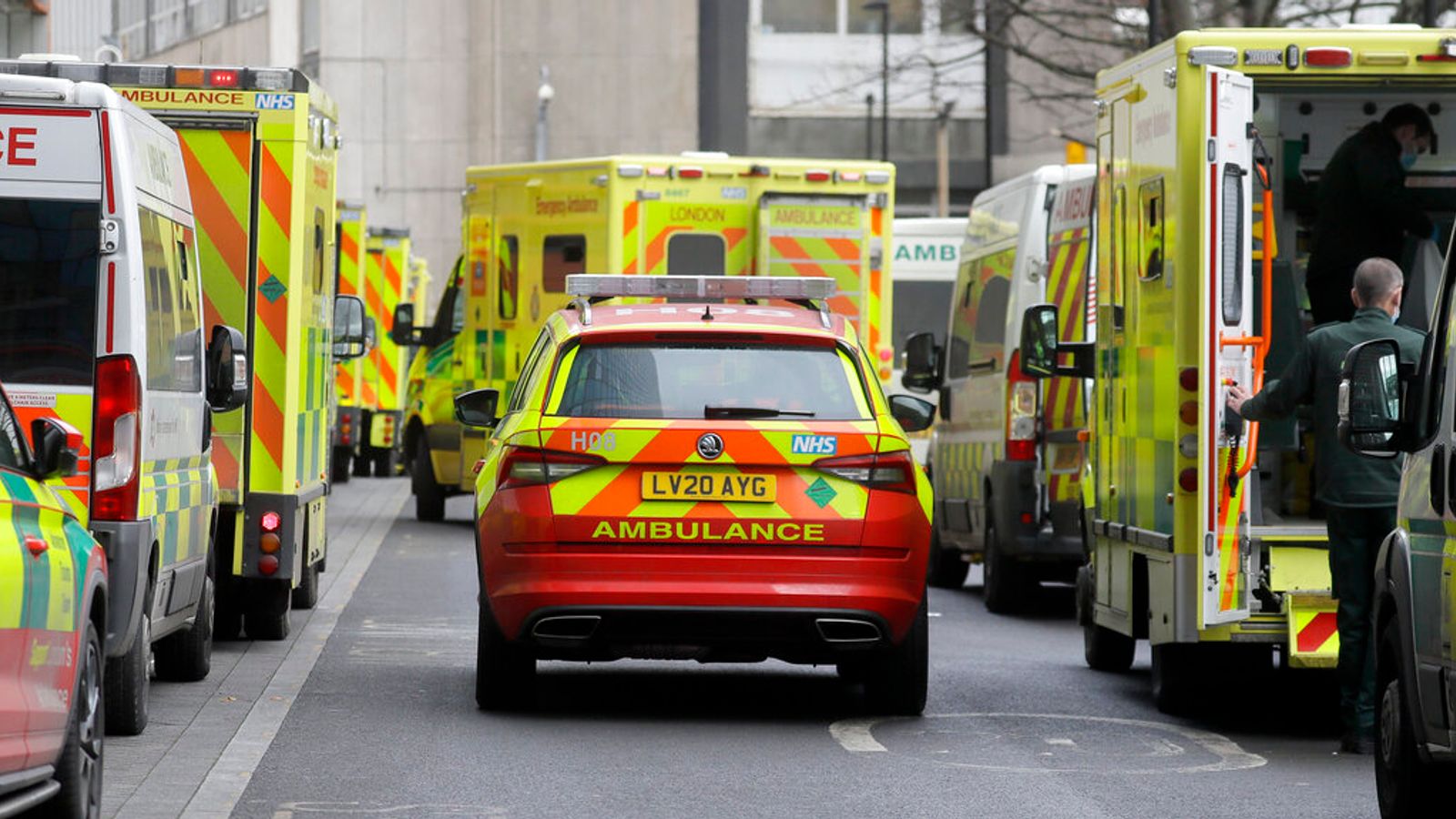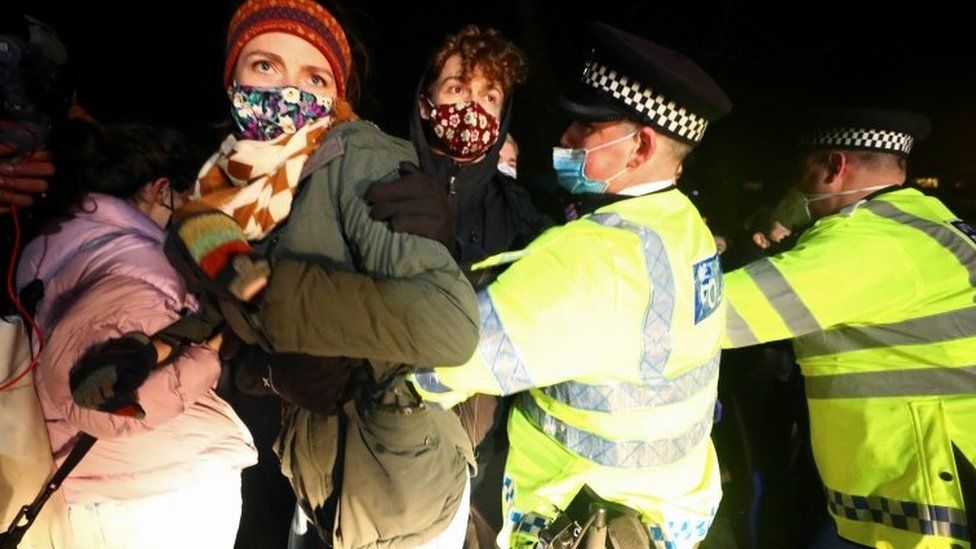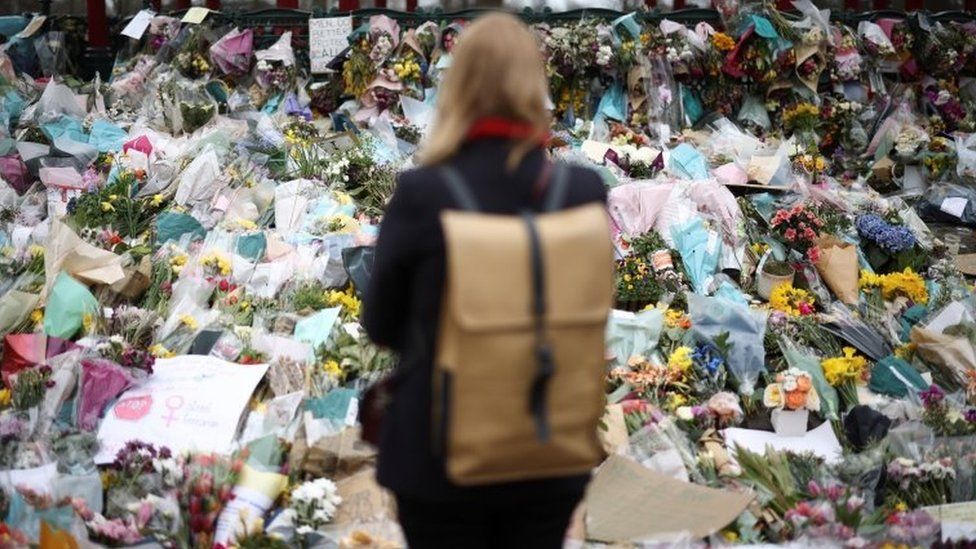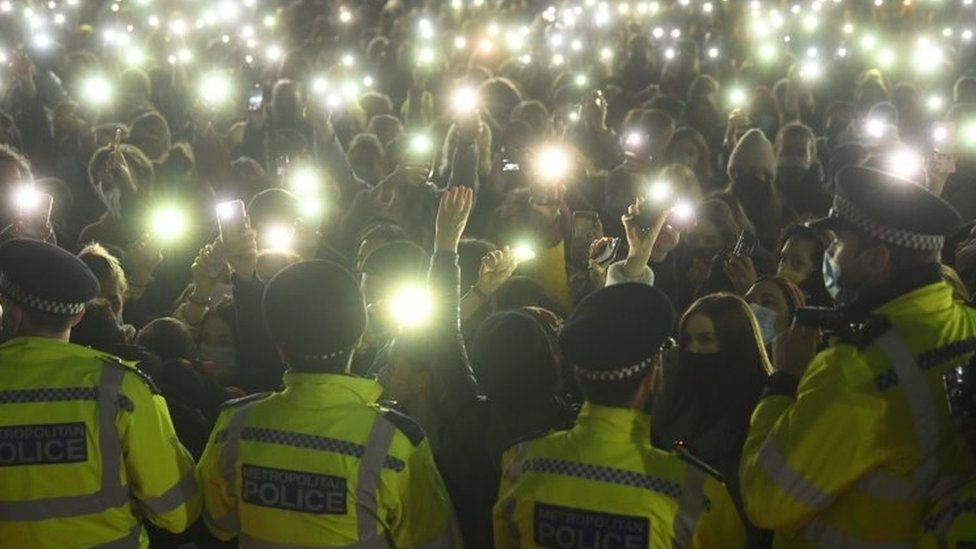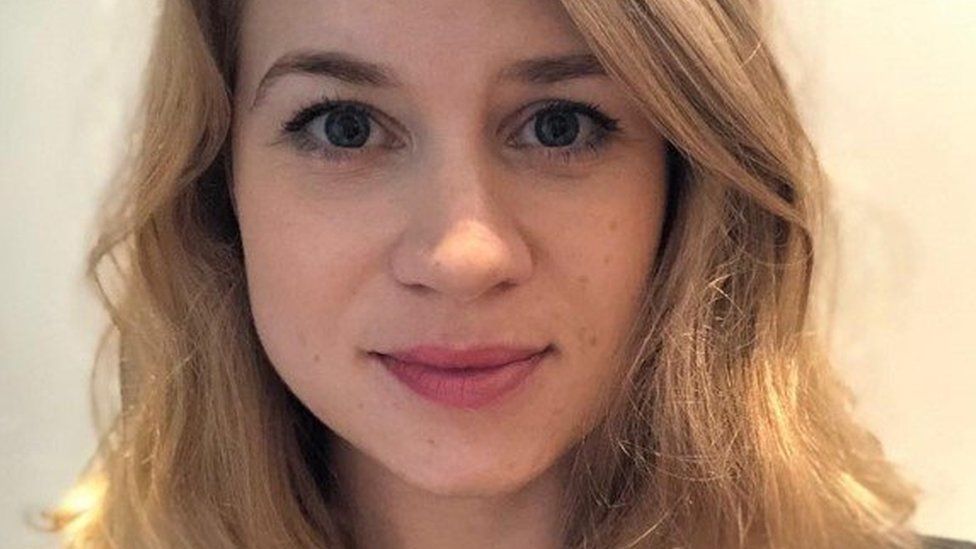
Pubs and restaurants in Wales could reopen indoors in time for the Spring Bank Holiday at the end of May.
The Welsh government also said two households could meet indoors from 10 May, if Covid cases remained low.
The government has given more detailed plans for the easing of lockdown restrictions in the coming weeks after earlier saying hospitality could reopen outdoors from 26 April.
From 3 May, wedding receptions with up to 30 people can take place outdoors.
Gyms, leisure centres and fitness facilities will also be able to reopen from 10 May. This will include individual or one-to-one training, but not exercise classes.
Both the Welsh Conservatives and Plaid Cymru said gyms should be allowed to reopen immediately.
Spring Bank Holiday Monday is 31 May, but the Welsh government has not specified a date for reopening hospitality indoors.
It said after 17 May it would "consider enabling indoor hospitality and remaining visitor accommodation to reopen in advance of the Spring Bank Holiday".
What lockdown restrictions are easing and when?
Provided cases remain low, the following things will be permitted:
Monday, 26 April
- Outdoor hospitality, including cafes, pubs and restaurants
- Outdoor attractions, including funfairs and theme parks
Monday, 3 May
- Organised outdoor activities for up to 30 people
- Outdoor weddings receptions attended by no more than 30 people
Monday, 10 May
- People will be allowed to form extended households again, allowing two households to meet and have contact indoors
- Gyms, leisure centres and fitness facilities can reopen. Individual and one-to-one training will be allowed, but not exercise classes
Monday, 17 May
- Children's indoor activities
- Community centres
- Organised indoor activities for adults, limited to a maximum of 15 people. This includes exercise classes

How have businesses been coping?
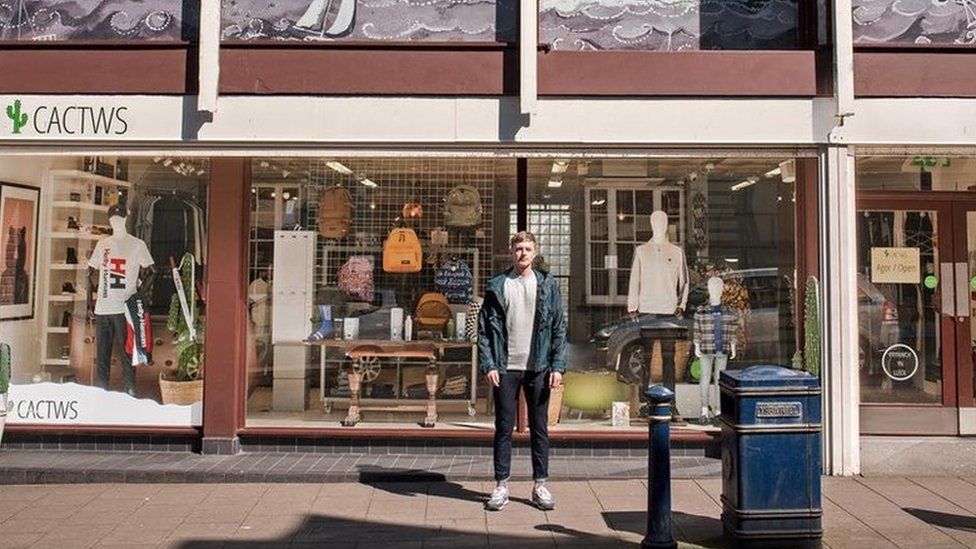
Mathew Pemberthy, 29, the owner of Cactws, a men's clothing and lifestyle shop in Aberystwyth, said he understood the Welsh government's decision to go into the latest lockdown in December, but the timing of it - days before Christmas - "pretty much crushed us".
"Those three days before Christmas are our busiest days of the whole year. We make more in those three days than we do in two weeks at other times of year. It was an absolute killer, heartbreaking," he said.
He has since diversified and now also sells home goods because people are spending more on their homes than they are on fashion because of lockdown.
Mr Pemberthy said the next 12 to 18 months were "critical" for many high street businesses, adding: "Things were slowing down before Covid hit, so if we don't see a pick up, it's going to be easier to call it a day really."
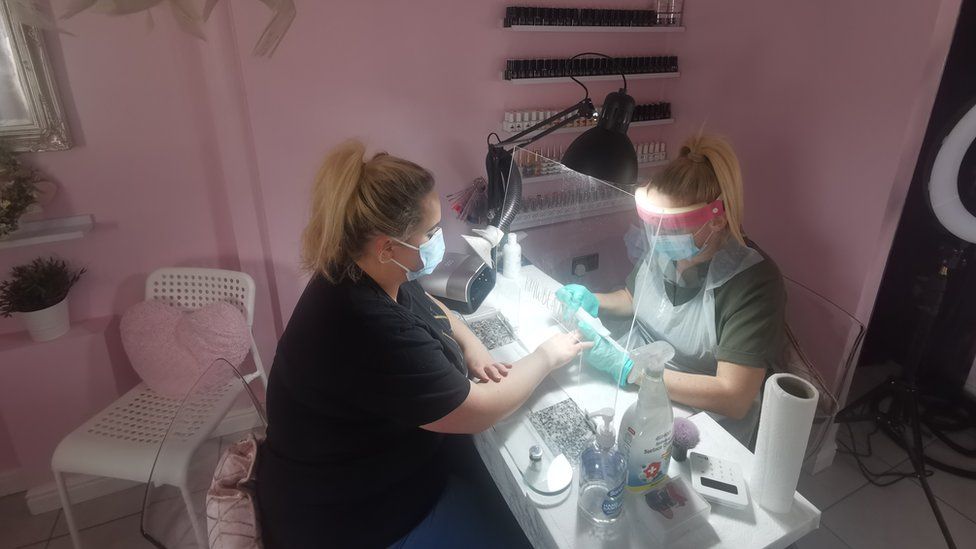
While hairdressers were able to reopen on 15 March, beauticians providing services which require them to be closer to their customers have not.
Kelly John, owner of KMW Beauty in Maesteg, Bridgend county, said she has not paid herself a wage since January to ensure she had enough money in her business account to buy supplies when she was allowed to reopen.
"Luckily my husband is working, otherwise I wouldn't have a house," the mother-of-two said.
"But being an independent woman, it is really hard. I can't do anything - it's Easter this weekend and I haven't bought anything."
She said she thought it was unfair hairdressers could open, but not beauty salons, even if they could only offer limited treatments.
"I don't see the difference. We would have been happy without doing facials, but we weren't given the option."
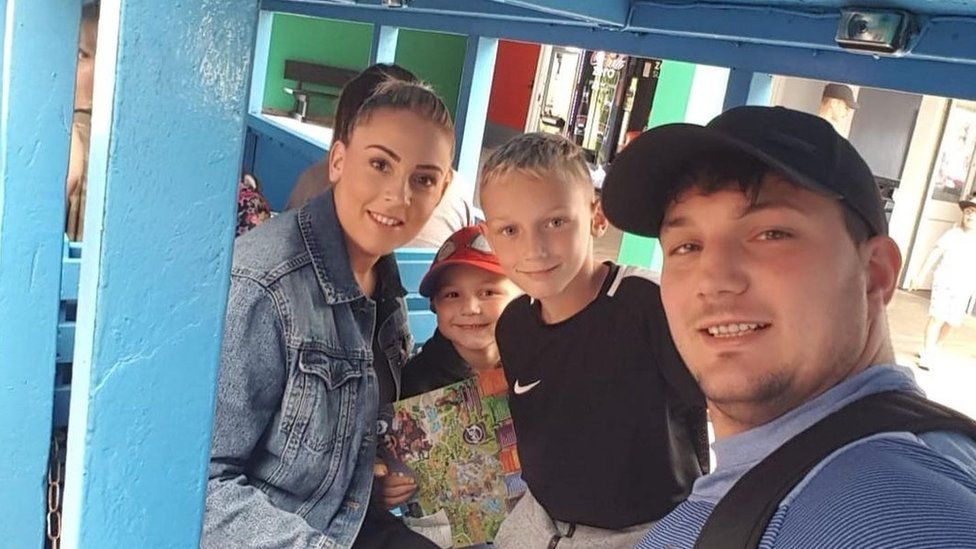
Shauna Guinn, co-owner of the Hang Fire restaurant in Barry, Vale of Glamorgan, said being closed was costing the business £9,000 a month.
The restaurant has been closed since 4 December and she said when outdoor hospitality was allowed to reopen after the first lockdown, it was not "financially viable" for Hang Fire to reopen its "small" outdoor space.
"But this time around we'll take what we can get - my staff are desperate to get back to work."
She added that it felt "a little bit unfair when - for example - I'm booked to headline the live fire demo stage at a very large festival in Kent in the last week of June, but I don't know when I can sell a pulled pork sandwich outside my own restaurant".
Prime Minister Boris Johnson has said his plan would be "cautious but irreversible" and that decisions would be led by "data not dates".

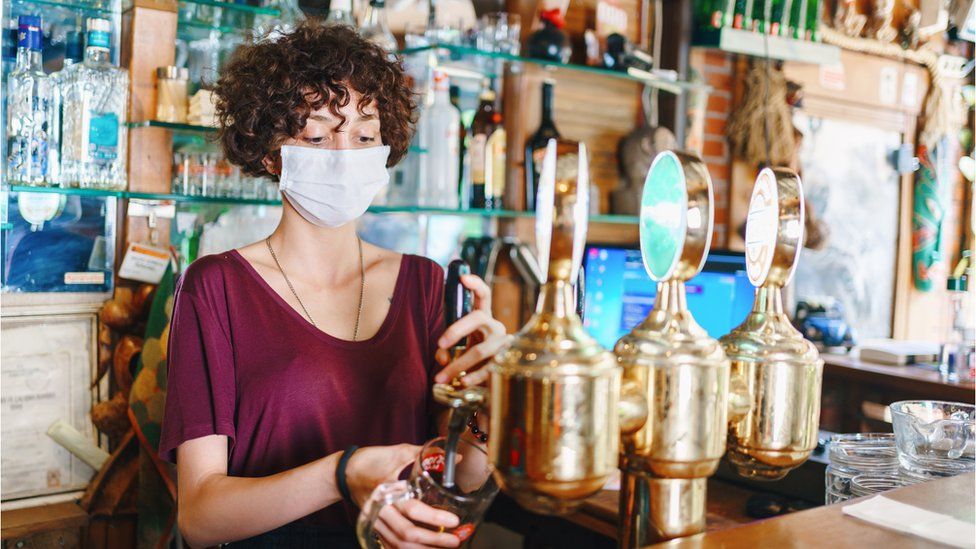
In a statement titled Moving Wales into Alert Level 3, First Minister Mark Drakeford said: "The sacrifices we have all made are having a positive effect in the battle against coronavirus.
"This last year has been incredibly difficult for all of us and again I want to thank everyone for their efforts.
"These efforts have allowed us to gradually ease the restrictions, to gradually introduce more elements of normal life.
"With the weather improving, with more opportunities to see family and friends, there are reasons for optimism. However, we can't let our guard down yet. We all still need to be vigilant, we still need to do our part to keep this deadly disease at bay."
While parts of Wales' lockdown have eased quicker than elsewhere in the UK, the Welsh government had been reluctant to set out a full list of when different sectors will reopen.
Mr Drakeford was critical of the UK government for aiming to end all rules on social contact by 21 June at the earliest - saying that was very optimistic.
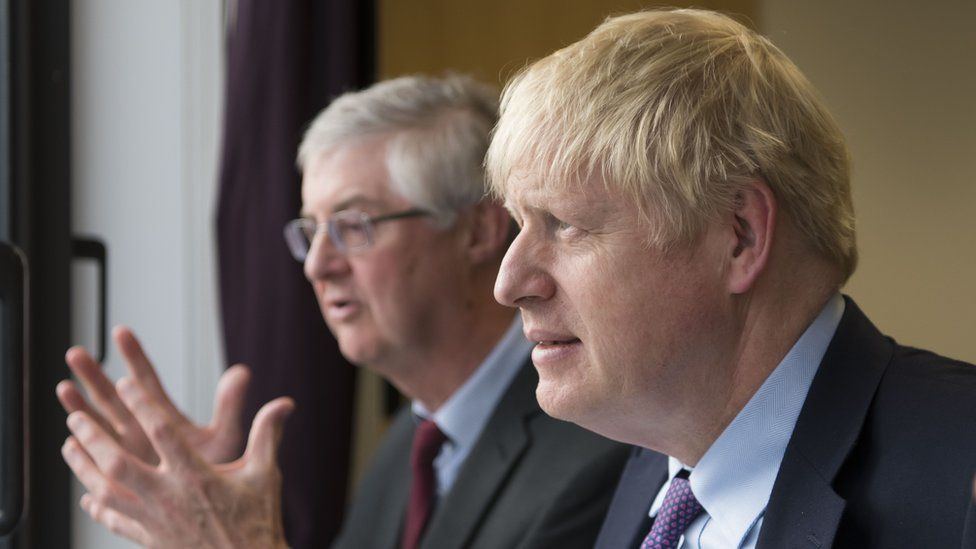
The announcement comes as latest figures show admissions to hospitals of confirmed and suspected Covid-19 cases have hit a record low - it stood at a daily seven-day average of 21 on Tuesday.
Seventeen confirmed and suspected Covid patients were admitted across Wales, with none at all in Cwm Taf Morgannwg hospitals for two days running.
Covid admissions now make up 2% of all hospital admissions.
Wales' case rate stands at 36.8 per 100,000 people over seven days, compared with 40.6 a week ago.
The country has been below the 5% recommended threshold on the number of tests coming back positive for 26 days.
What has been the political reaction?
Plaid Cymru Leader Adam Price said: "The Labour government must explain why it has taken them so long to provide businesses with greater certainty on when they can expect to reopen.
"Having been closed for so long, the least they deserve is more time to prepare."
The Welsh Conservatives' Senedd leader Andrew RT Davies said: "Whilst we welcome the restart of non-essential retail, it's regrettable Labour have not seen fit to give the green light to the safe reopening of gyms given two months ago ministers claimed it was a priority, and considering the huge toll lockdown has had on the physical and mental well-being of thousands of Welsh people.
"With the progress we've made on case rates and vaccination, we also believe consideration should've been given to the reopening of outdoor hospitality in Wales."
Leader of the Welsh Liberal Democrats Jane Dodds said: "Now that more and more of Wales is opening up and life is slowly returning to normal, it's time to put our recovery first.
"I want to see support for those individuals who will lose their jobs when furlough ends, those who are likely to lose their homes when the ban on evictions is lifted and those whose mental health has suffered as a result of this pandemic."
https://news.google.com/__i/rss/rd/articles/CBMiNWh0dHBzOi8vd3d3LmJiYy5jby51ay9uZXdzL3VrLXdhbGVzLXBvbGl0aWNzLTU2NTk0MzE10gE5aHR0cHM6Ly93d3cuYmJjLmNvLnVrL25ld3MvYW1wL3VrLXdhbGVzLXBvbGl0aWNzLTU2NTk0MzE1?oc=5
2021-03-31 18:53:01Z
52781476809347

